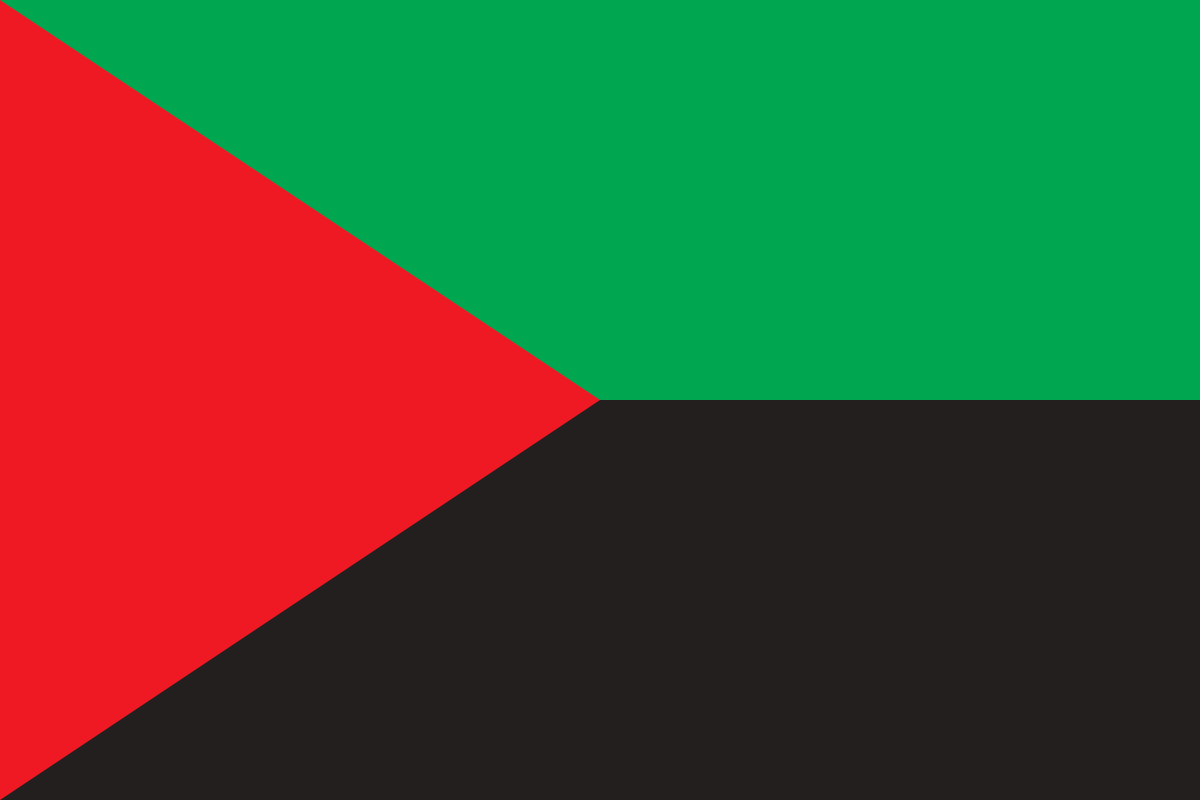Commemorating Slavery Abolition Day in Martinique

On May 22nd each year, the vibrant island of Martinique in the Caribbean celebrates a profound milestone: Slavery Abolition Day. Formerly known as Emancipation Day in certain former colonies, this occasion marks the liberation of slaves in the French overseas region of Martinique. As we delve into the rich tapestry of Martinique’s history, we uncover a story of resilience, struggle, and eventual triumph over oppression.
History of Slavery Abolition Day in Martinique
Martinique, an overseas region of France, bears a tumultuous past shaped by colonial powers. The first European footsteps on its shores were those of the Spanish in the 15th century. However, it was the French who recognized the island’s potential, particularly in sugarcane cultivation, a lucrative enterprise at the time. With the promise of prosperity, they claimed Martinique and introduced the institution of slavery to fuel their burgeoning sugar industry. For decades, Martinique languished under French rule, with sugar production driving a relentless demand for slave labor. The island became a hub of exploitation, with thousands of Africans forcibly transported to toil in the sugar fields. Despite periodic shifts in colonial dominance, slavery endured as a pervasive institution, resistant to the winds of change sweeping across other parts of the world.
Throughout Martinique’s history, echoes of resistance reverberated across the island. Despite facing formidable odds, enslaved individuals mounted numerous rebellions against their oppressors. However, it wasn’t until 1848 that the shackles of slavery were finally shattered. A pivotal uprising, fueled by the imprisonment of a slave, compelled the governor to issue a decree abolishing slavery, marking a watershed moment in Martinique’s trajectory. In the aftermath of emancipation, Martinique embarked on a journey of self-discovery and empowerment. The abolition of slavery heralded a new era of freedom and dignity for its inhabitants. While the island retained its status as a French territory, the abolition of the slave trade signaled a definitive break from its tumultuous past.
- Early Abolition Efforts: Slavery was first abolished in Martinique in 1315, centuries before the landmark decree of 1848.
- Exploration by Columbus: Christopher Columbus encountered Martinique during his voyages in the late 15th century, leaving an indelible mark on its history.
- Artistic Influence: Renowned artist Paul Gauguin immortalized the beauty of Martinique through his captivating paintings, enriching its cultural heritage.
- Economic Landscape: Despite modernization, sugar remains a cornerstone of Martinique’s economy, perpetuating its historical ties to the agricultural sector.
Significance of Slavery Abolition Day in Martinique
The significance of Slavery Abolition Day transcends mere commemoration; it serves as a poignant reminder of the resilience and courage displayed by those who fought against oppression. By honoring the struggles of the past, Martinique pays homage to the enduring spirit of its people and reaffirms its commitment to justice and equality. Slavery Abolition Day in Martinique serves as a beacon of hope and remembrance, guiding future generations toward a path of unity, equality, and justice. As we honor the struggles of the past, let us forge ahead with a renewed commitment to building a more inclusive and compassionate world for all.
Observing Slavery Abolition Day
Educate Yourself: Dive into the rich history and culture of Martinique to gain a deeper understanding of its journey towards liberation.
- Explore Slave Resistance: Delve into the stories of slave revolts and resistance movements that shaped Martinique’s quest for freedom.
- Share Knowledge: Spread awareness about Slavery Abolition Day and its significance to ensure that the lessons of the past are not forgotten.
FAQs: Unraveling the Narrative
The abolishment of slavery in Martinique is attributed to various factors, but French Minister Victor Schoelcher played a pivotal role in advocating for emancipation.
Slavery was officially introduced to Martinique a year after French colonization in 1636, perpetuating centuries of exploitation.
Yes, Martinicans are French citizens with full political and legal rights, albeit within the context of their unique cultural identity.
Slavery Abolition Day (Martinique) dates:
- 2024: May 22 (Wednesday)
- 2025: May 22 (Thursday)
- 2026: May 22 (Friday)
- 2027: May 22 (Saturday)
- 2028: May 22 (Monday)
Through collective reflection and action, we honor the resilience of those who dared to dream of a brighter tomorrow amidst the shadows of oppression. Together, let us celebrate the triumph of the human spirit and the enduring legacy of freedom in Martinique.
Observer Voice is the one stop site for National, International news, Sports, Editor’s Choice, Art/culture contents, Quotes and much more. We also cover historical contents. Historical contents includes World History, Indian History, and what happened today. The website also covers Entertainment across the India and World.
Follow Us on Twitter, Instagram, Facebook, & LinkedIn

